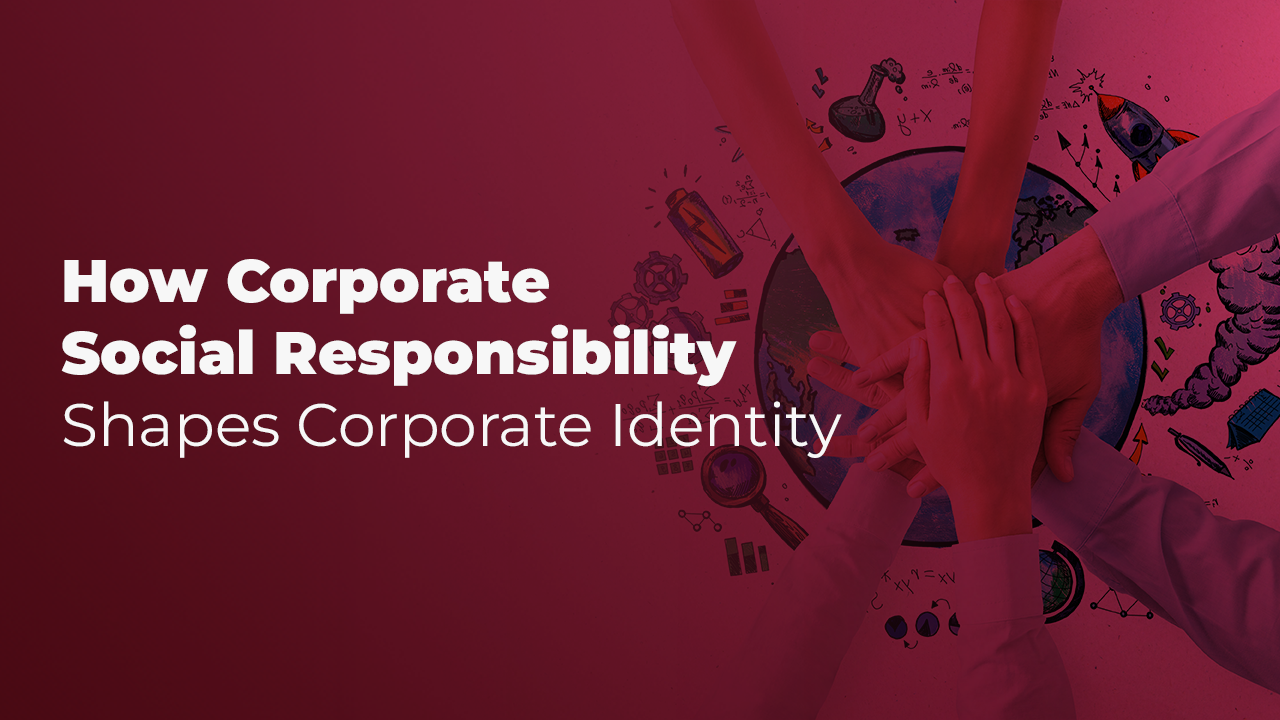
How Corporate Social Responsibility Shapes Corporate Identity
A company is not defined solely by its products, services, or logo. What truly defines it are its values. And those values become most visible through its approach to social responsibility.
Think of corporate culture as a showcase: success stories, technological investments, or innovative solutions may shine at the front. But if behind the glass there is no genuine commitment to people, society, or the environment, that showcase quickly begins to look empty.
Social Responsibility: Not a Side Project, but Part of the Identity
Many companies still treat social responsibility as an “extra” activity—an occasional donation, a few tree-planting events, or limited volunteer work. While valuable, these should not be separate from corporate identity.
True responsibility gains meaning when it is woven into the company’s very DNA. Trust is built when what a brand says and what it does are aligned.
In short: social responsibility creates lasting impact only when it shifts from being a “PR tool” to becoming “the essence of who we are.”
What Does It Mean for Employees?
Today, employees don’t commit to a company solely for salary or benefits. They want to work where they can share their values.
Imagine a company that encourages its people to plant trees, join community initiatives, or volunteer for meaningful causes. Employees in such an environment aren’t just doing their jobs—they are becoming part of a purpose.
Research supports this: employees who engage in social responsibility projects report significantly higher job satisfaction and loyalty. Why? Because people want to be not only “producers” but also contributors of value in the workplace.
What Does It Mean for Customers?
Consumer behavior is now far more conscious. People don’t look only at price or quality; they also care about how a company treats society, the environment, and its own employees.
Even when choosing a coffee chain, customers may ask: Are the cups recyclable? Are farmers paid fairly?
In other words, customers are not just buying a product—they are buying the values behind it. Corporate responsibility directly shapes brand trust and customer loyalty.
What Does It Mean for Society?
Companies are not only economic actors—they are also social actors. Opening a factory provides jobs, yes—but it also affects the local ecosystem, education, and cultural life.
Businesses that serve society build not only today but also tomorrow. In this sense, social responsibility is a legacy for the future.
Social Responsibility = Strategy + Authenticity
Two elements are critical here: strategy and authenticity.
- Strategy: Responsibility efforts must align with business goals. For example, a company focused on education might create scholarship programs, while an environmentally focused company might launch recycling initiatives. Random projects have limited impact; identity-driven initiatives matter most.
- Authenticity: People know when a brand is genuine. Projects done only for visibility may earn short-term applause but risk long-term trust.
In short, strategy sets the course, while authenticity gives the journey meaning.
The Power Reflected in Corporate Identity
Social responsibility is where outward image meets inward culture.
- Externally: It signals, “This brand creates value for society.”
- Internally: It inspires the feeling, “I am part of this story.”
This unity strengthens corporate identity. A logo is no longer just a design—it becomes a symbol of values.
Social responsibility is not a side activity; it is the heart of corporate identity. It motivates employees, builds trust with customers, and leaves a positive mark on society. It is not defined by one-day events, but by the small, consistent actions taken every day.
Planting a tree, providing a scholarship, supporting a volunteer effort… these may seem small, but their impact is profound. Because corporate identity is not written in words alone—it is written in actions.
Perhaps the most important question companies should ask themselves today is this:
“Does our corporate identity live only in our logo—or in the legacy we leave for society?”
If the answer is the latter, you are on the right path.
brand identity, brand value, company culture, company values, corporate identity, corporate reputation, corporate social responsibility, corporate social responsibility projects, customer trust, employee engagement, social impact, social responsibility, strategy and sincerity, sustainability, volunteering projects